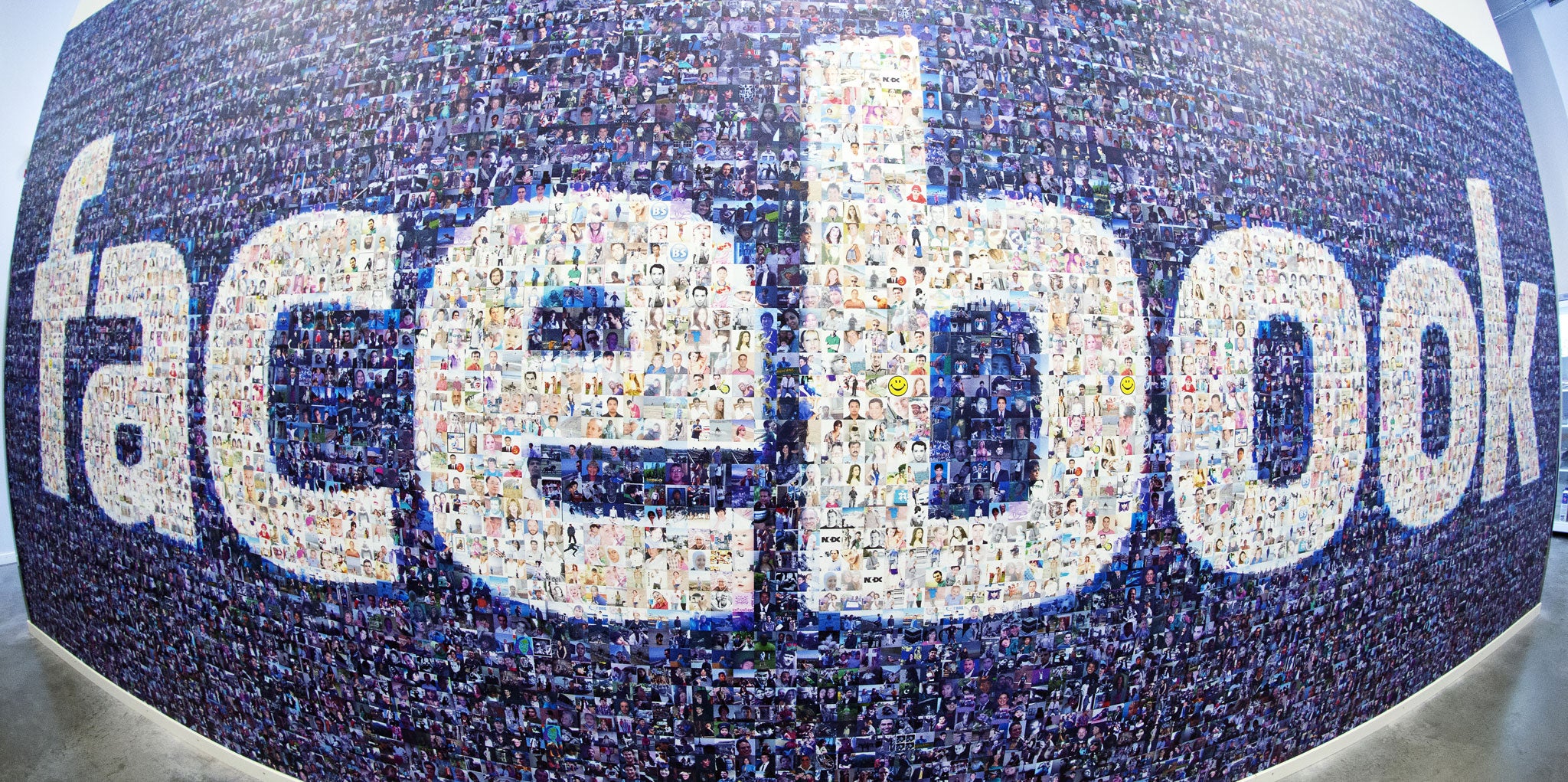Investors face up to social media
The sector is still unproven, says Julian Knight, who warns that some analysts advise a cautious approach to the shares

The granddaddy of social media, Facebook, was born 10 years ago this week. That same year, 2004, Google became a public company after the first IPO since the dotcom crash of the late 1990s. Investors in the world's biggest search engine would have been quids in as prices have soared since shares first came to market. Other technology IPOs since have had mixed success – with prospects of future profits and the strength of truly global branding buoying share prices. But often the real-world numbers, such as profit and loss, are not much to write home about.
The bandwagon rolls on, but should small private investors really be putting their hard-earned cash into social media and technology sectors? Jeremy Gleeson, manager of the AXA Framlington Global Technology fund, is one of the leading managers in the sector. He reckons that social media has been a "mixed bag": "If you regard LinkedIn as a social media platform, then it has really been an investable area for some time. However, LinkedIn is more specifically viewed as a business tool, especially in the recruitment area, as it is extensively used by executive search firms and recruitment consultants, who pay to get access to data on the platform. More broadly viewed, social media has been a mixed bag. News International's investment in MySpace and AOL's purchase of Bebo have been widely documented and both were subsequently proven to be poor investments," he said.
Other flops cited by Mr Gleeson include Zynga and Groupon. Facebook's own float was mired in controversy: "Facebook finally went public in May 2012, with a much touted deal, which saw the price range raised and several errors (in my opinion) by the company and advisers to the company on their flotation (such as delivering a profits warning midway through the deal roadshow and aggressively pricing the deal), which removed the potential for near-term upside and [led to them] missing expectations in their first quarter as a public company. The insider selling which took place just 90 days after the IPO was an additional burden to the fragile share price."
However, Mr Gleeson believes Facebook has become "investable": "Several quarters of results [have] demonstrated they were able to monetise their mobile traffic, and at the same time not damage the experience mobile users received. Seeing revenue growth and subscriber growth concurrently provided a good backdrop for investing, which we duly did in May 2013." What's more, Twitter's IPO late last year enjoyed a much smoother passage to market than Facebook's, and this has been reflected in share price growth. Key to social media's success has been advertising. As Colin Moar, technology fund manager at Polar Capital, said: "Social media has become more attractive in the last nine months in terms of advertising. For example, Facebook's cost-per-click growth and ad load increase between quarter two and quarter three last year were huge, and the numbers were the sign bulls had been waiting for to prove the case for social media." In particular, Mr Moar believes that social media through the growth of YouTube and Twitter Vine will take advertising away from television. However, for now Twitter and even Facebook are still only making a fraction of the money made by long-established companies.
Patrick Connolly, an adviser at Chase de Vere, said the sector is still unproven and high risk for private investors: "We remain concerned that some social media stocks could be over-hyped and investors could end up paying a price which cannot be justified by the company fundamentals, just as was the case with many of the dotcom companies. The challenge for social media companies is to demonstrate that they have business models which are able to generate consistent and growing revenues." Mr Connolly concludes that technology shares are high risk but that with social media companies "those risks can be multiplied many times over".
That is why many experts urge caution. Instead of buying into Facebook and Twitter, they advise, investors should consider an investment fund where a manager will buy a basket of company shares, sometimes as many as 70 or 80 individual stocks, to spread the risk.
Darius McDermott, managing director of Chelsea Financial Services, reckons the technology sector does offer value, despite high-profile floats such as Facebook prompting concerns that a bubble is forming. "Perhaps because so many people got caught up in the dotcom boom and bust, the sector is still very much unloved," he said. "Currently, valuations for the sector are looking attractive, both versus their own history and versus other sectors. The US tech sector is as cheap as it has been, compared with the S&P 500 since 1995. And globally it's the cheapest sector versus its own 15-year average."
Not only that, but the sector's size gives managers a wide choice of companies to invest in: "The scope of technology is far-reaching. It's not just about the internet," Mr McDermott added. Google, which most people use as a search engine, has just announced that it is testing a "smart contact lens" that can help measure glucose levels in tears. "The things we can do with technology are forever increasing. This means the sector is highly diverse, and while one area may be struggling as economic woes cause companies to cut IT spending, others will do well because of austerity and the efficiencies they offer," Mr McDermott said.
Subscribe to Independent Premium to bookmark this article
Want to bookmark your favourite articles and stories to read or reference later? Start your Independent Premium subscription today.

Join our commenting forum
Join thought-provoking conversations, follow other Independent readers and see their replies
Comments